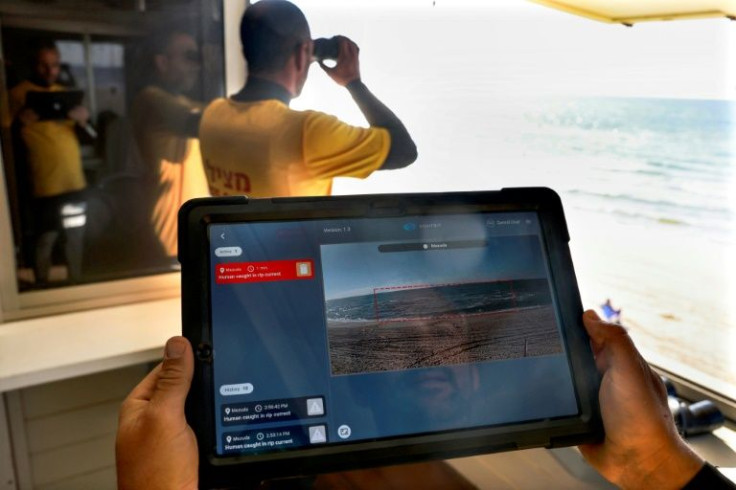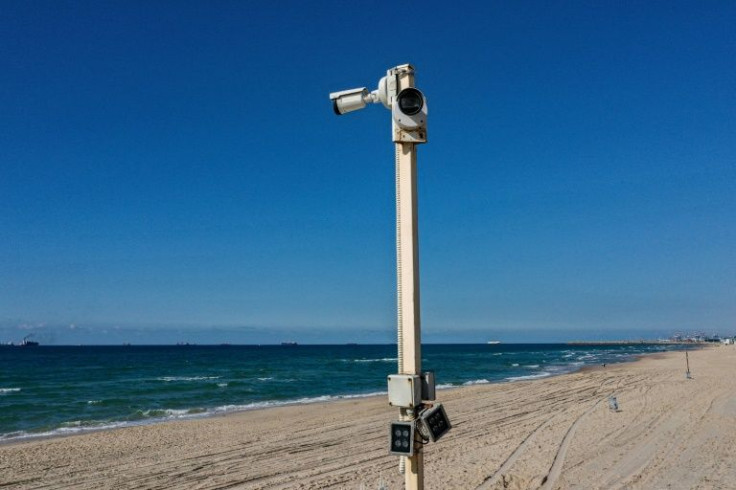Israeli Firm Hopes AI Can Curb Drownings
An Israeli city is testing whether an artificial intelligence programme that detects drowning threats can help save lives off its beaches.
The programme, developed by a company called SightBit, uses information collected from surveillance cameras to determine who is in the water -- an adult or child, for example -- if they are moving or limp, and the current's movement at that location.

If a threat is determined, the programme sends an alert to a tablet held by the user -- a lifeguard, in this case -- with urgent instructions to act.
SightBit's chief executive Netanel Eliav told AFP that he developed the technology after identifying a shortfall in how closed-circuit footage was being applied to boost safety in the water.

The programme has been in use for more than a year in Ashdod, a city on Israel's Mediterranean coast that chose to deploy SightBit technology in an area at a distance from the nearest lifeguard.
"We chose to locate the technology in areas away from the lifeguard towers, so the additional 'eyes' there help the lifeguards very much," said Arie Turjeman, director of Ashdod's coast division.
Eliav voiced confidence that SightBit can "save lives", in a country that sees dozens of drowning deaths a year.
According to official figures, last year 29 people died during Israel's March to October beach season, 22 of them in the Mediterranean, and 21 in areas with no lifeguard services.
Thirty-two people drowned during the 2020 season and 27 in 2019.
© Copyright AFP {{Year}}. All rights reserved.





















